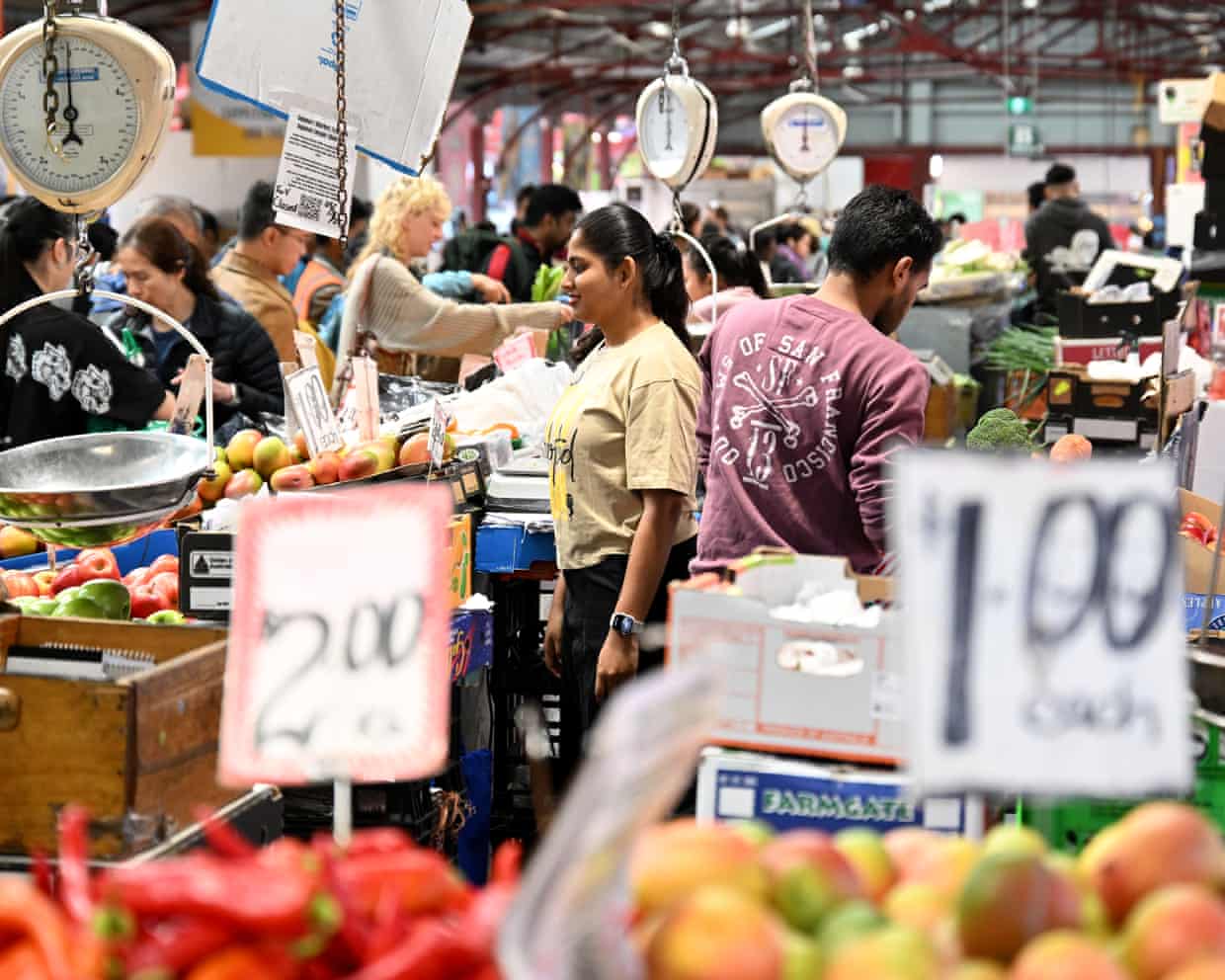Australia’s multicultural society faces increasing scrutiny as migrants express a desire for more than mere cultural celebration. They are calling for genuine inclusion in decision-making processes that affect their lives. This demand comes in light of ongoing discussions about the depth and effectiveness of multiculturalism in the country.
Many communities feel that while their cultural traditions are acknowledged during festivals and events, this recognition does not translate into real power or influence. As stated by community leaders and advocates, such an approach often amounts to tokenism, where the visibility of multiculturalism overshadows the need for meaningful engagement.
Calls for Greater Participation
Migrants want their voices to be heard in shaping policies that impact their communities. According to recent surveys conducted by various multicultural organizations, a significant number of respondents reported feeling excluded from critical discussions regarding social and economic policies.
A report from the Australian Bureau of Statistics indicates that as of 2021, migrants account for over 30% of Australia’s population. Yet, their representation in governmental decision-making remains disproportionately low. Community leaders argue that without proper representation, policies may not fully reflect the needs and aspirations of these diverse populations.
Shadi Khan Saif, a prominent voice in this movement, emphasizes that inclusion must go beyond ceremonial gestures. “It is essential that migrants have a seat at the table, not just a spot on the sidelines,” Saif stated during a recent community forum. This sentiment resonates with many who feel that their contributions to Australian society are often overlooked.
Moving Beyond Tokenism
The distinction between cultural celebration and genuine inclusion is critical. While Australia is known for its vibrant multicultural festivals, these events often serve as a facade that conceals deeper issues related to integration and representation. Migrants advocate for policies that not only celebrate diversity but also empower them to participate actively in the political and social spheres.
To address these concerns, several advocacy groups are pushing for reforms that would enhance migrant representation in local and national governance. Initiatives include increasing access to political education, supporting candidates from migrant backgrounds, and fostering community engagement through workshops and forums.
As Australia continues to evolve, the push for authentic multiculturalism remains a pressing issue. The government has begun to acknowledge these demands, but the pace of change has been slow. Advocates stress that real progress requires a commitment to listening to the voices of all Australians, especially those from minority backgrounds.
The future of Australia’s multicultural landscape hinges on the ability to transform celebrations of diversity into meaningful dialogue and action. The ongoing discussions reflect a collective desire for a society where every individual has the opportunity to contribute to and shape the narrative of their home.
